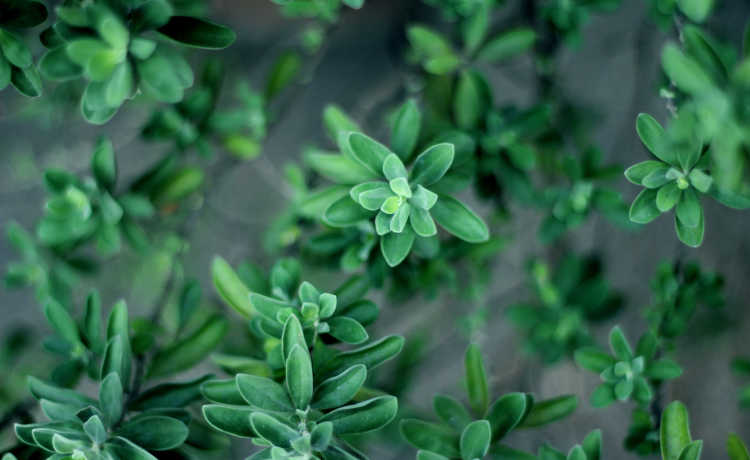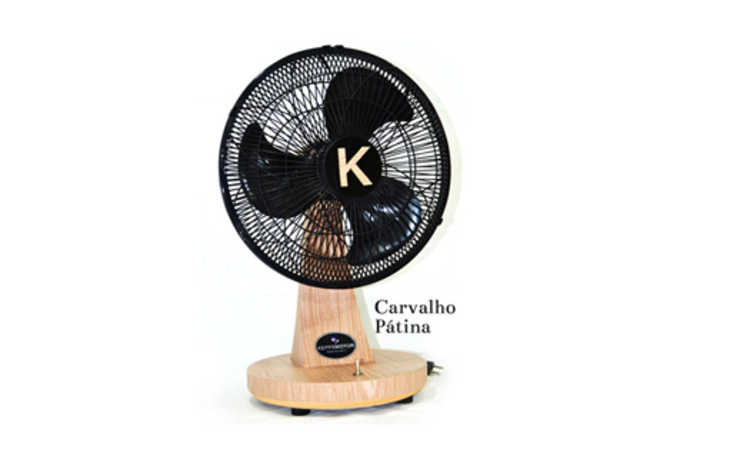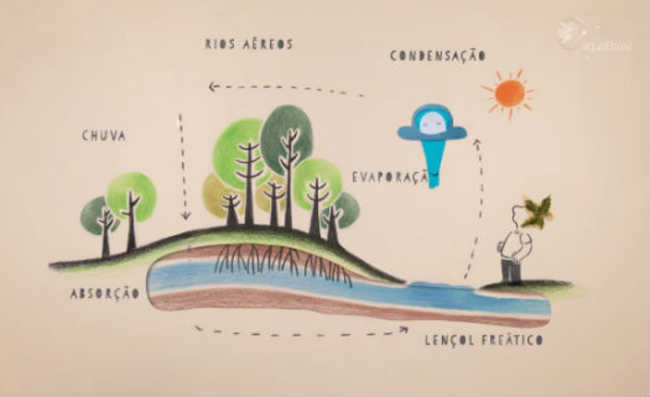Thyme: know how to use it and enjoy its benefits
In addition to its culinary uses, thyme is an herb capable of providing several therapeutic benefits.

Edited and resized image by Albert Melu is available on Unsplash
Thyme , or thyme , is an herb of the mint family (Lamiaceae) which occurs very frequently from western Europe to southeastern Italy, being widely cultivated for the extraction of its essential oil, in addition to its use as a spice. As it is rich in thymol, as well as oregano, thyme has antiseptic properties and can be used in cases of pulmonary affections and as a digestive stimulant, among other benefits. Check out!
- Oregano: six proven benefits
reduce blood pressure
A species of thyme, which occurs a lot in Pakistan and Afghanistan, scientifically known as Thymus linearis Benth, helps reduce pressure.
One study found that thyme extract was able to significantly reduce heart rate and cholesterol in rats with high blood pressure.
- Does altered cholesterol have symptoms? Know what it is and how to prevent it
One way to add thyme to your diet is to use it as a seasoning in stir-fries, soups, sauces, and pastas.
fight cough
Thyme essential oil, which is obtained from its leaves, is widely used as a natural cough remedy. In one study, a combination of thyme leaves and ivy helped relieve coughing and other symptoms of acute bronchitis. Thus, it may be that a thyme tea will help with a cough.
Improve immunity
Getting all the vitamins your body needs every day can be a challenge for those who don't consume a lot of plant-based foods. Fortunately, thyme is packed with vitamin C and a good source of vitamin A, copper, fiber, iron and manganese.
fight mold
Mold is dangerous and could be in your home. Once you've identified it, take the necessary steps to get rid of it once and for all. Thyme essential oil may be the answer to fight it, as it is a fungicide. Research suggests that it can be used as a disinfectant in homes where there is a low concentration of mold.
- Oregano essential oil: applications and benefits
Eliminate pests
Thymol in thyme is also an ingredient in many pesticides and is commonly used to attack bacteria and pests.
One study concluded that thyme extract can repel mosquitoes, but growing it in your garden is not enough. For best pest fighting results, rub the thyme leaves between your hands to release the essential oil.
You can also make homemade repellent by mixing four drops of thyme essential oil in a teaspoon of coconut oil, olive oil, or water - or another vegetable oil such as grape seed oil and almond oil.
- Learn how to make natural insecticide and pest control in the garden
natural flavor
Pour a few drops of thyme essential oil into the diffuser and refresh the room with its delicious natural aroma. You can also boil a few drops of essential oil or sprigs of fresh thyme to vaporize the house.
improve mood
Thyme essential oil is widely used for aromatic and therapeutic purposes due to one of its active components, carvacrol.
In a 2013 study, carvacrol was shown to affect the activity of neurons in ways that increase individuals' sense of well-being.
So if you regularly use thyme or its essential oil, it can have a positive effect on your feelings and mood.
- What is aromatherapy and what are its benefits?
season
Thyme is a wonderful ingredient used in many places around the world, particularly in France, Italy and throughout the Mediterranean. Similar to oregano, thyme makes great pestos and is a good condiment option for soups, sauces, pastas, roasts and stir-fries.
Fresh leaves or whole sprigs can be used to season roast potatoes, meat and other vegetables, for example.
Cautions when using thyme essential oil
Thyme essential oil should not be applied directly to the skin as it may cause an allergic reaction. It must first be diluted in a carrier oil (such as olive oil, coconut oil, grape seed oil or almond oil). Before using, test in a small area to see if you have any allergies.
Although the branches are edible, the essential oil of thyme should not be ingested as it can cause nausea, dizziness, vomiting, diarrhea and muscle problems. It can also negatively affect the heart, lungs, body temperature, and stimulate the thyroid gland, which is especially harmful for people with hyperthyroidism.
- Hyperthyroidism: what it is, symptoms and treatment
- Hyperthyroidism and hypothyroidism: what's the difference?
- Hypothyroidism: what it is, symptoms and treatment
Adapted from Healthline, Articles and Wikipedia










